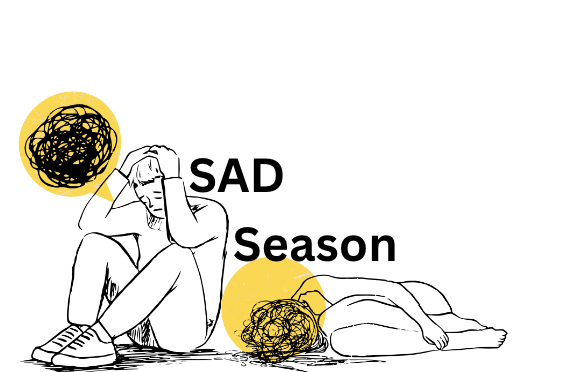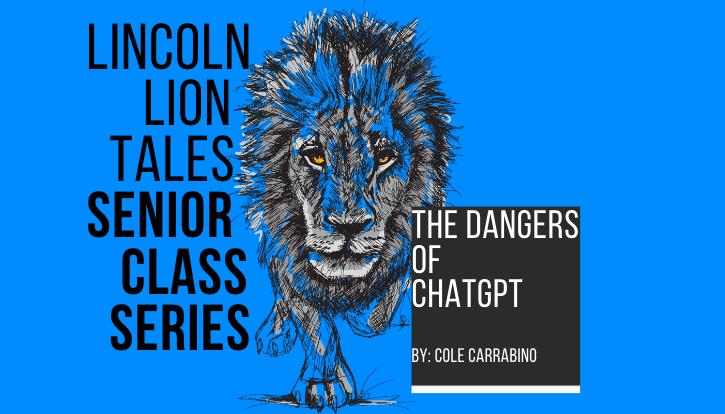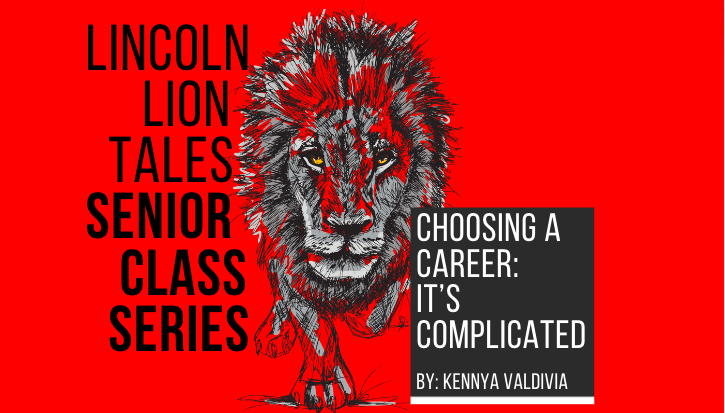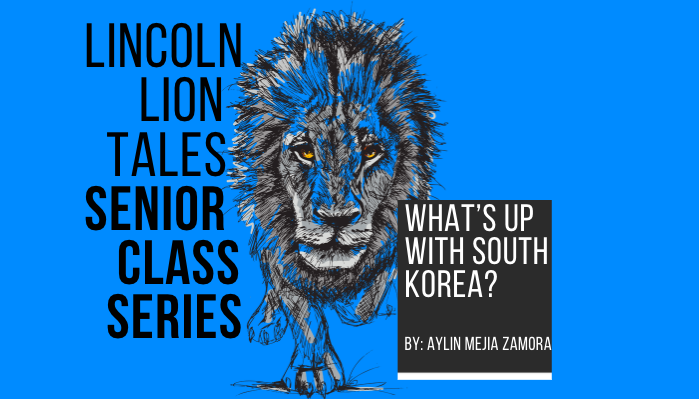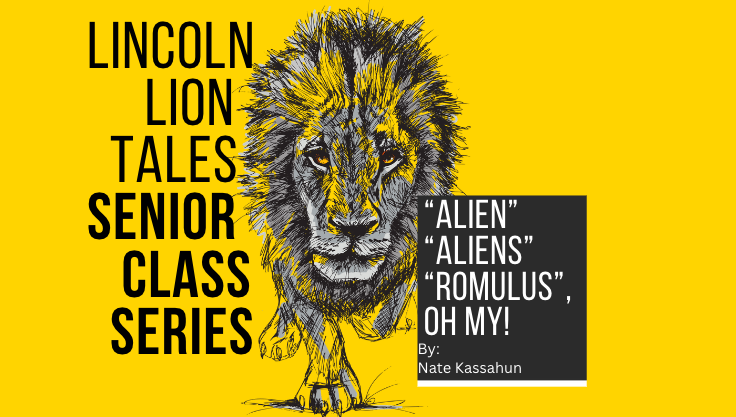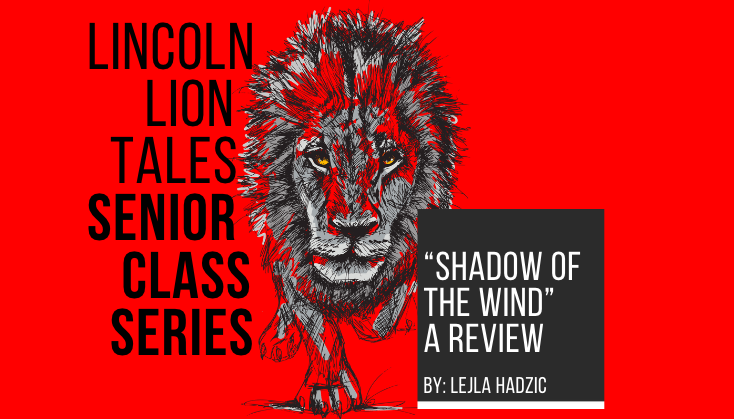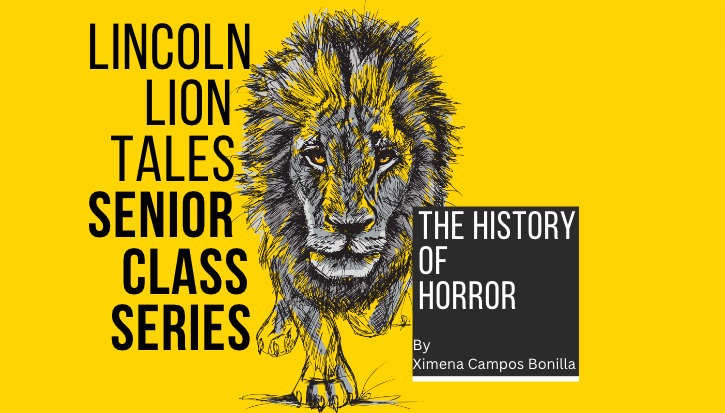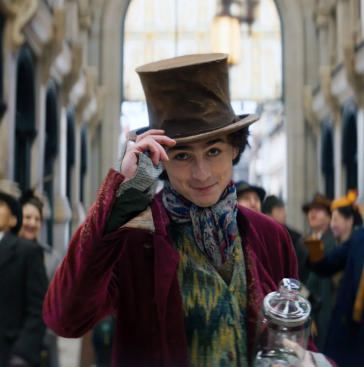Are ghost believers any different than those who believe in religion, cultural rituals or beliefs?
The question of whether ghosts are real has intrigued people for ages. Recent surveys indicate that a significant portion of the population, such as 36% in the U.S., identifies as believers in ghosts. My informal poll of 10 individuals chosen at random within Lincoln revealed similar results: 30% were believers, 30% were unsure, and 40% were skeptics. This raises an important question: Why do people believe in ghosts?
Is there a psychological explanation, or is something more paranormal at play?
Or is there an uncomfortable middle ground where belief and skepticism coexist.
Psychological Explanations for Ghost Beliefs
First to understand why many people believe in ghosts, we must explore the psychological and socio-cultural factors involved in beliefs. Research indicates that belief in ghosts often stems from early exposure to ghost stories and cultural narratives. Individuals who grow up hearing tales of spirits may be more inclined to accept ghostly phenomena, particularly when they encounter ambiguous situations that their minds seek to explain.
For example, reports of ghosts often align with cultural backgrounds. As you won’t hear people in Japan reporting a sighting of, “La Llorona” or, “The Crying Woman”, nor hear people in Latin American report seeing the ghost of Kuchisake-Onna. This cultural specificity suggests that the types of ghosts reported are influenced by local narratives, and of course one can argue there’s many similarities within different cultures and folk tales meaning they could be the same entity, yet have different names.
Many of these stories don’t share the paranormal entity but the significance of the story, the lesson of sorts. Using again the example of, “La Llorona” and Kuchisake-Onna, they’re both stories involving cheating and the betrayal of a spouse leading to a tragedy that gives birth to a deadly ghost who wishes to have revenge. Of course both stories have different cultural values yet both can be seen to serve the purpose of scaring people, most specifically, people who cheat.
Having a clear understanding on why cultures could have developed such paranormal stories helps us to understand whether by choice or by accident how paranormal stories have been used to educate children and even adults, which leads to my next point…
The Influence of Upbringing on Beliefs
Paranormal stories and more specifically, the belief in ghosts, comes to us either education or entertainment, but how does this this influence someone even after years of hearing the story? We must understand the basis that psychology, and sociology tell us about the great effect that there is no logic behind our beliefs. This can be seen by the basics of Repetition and Reinforcement, Social Learning, and Cognitive Schemas. The more a child is told stories of the paranormal nature, the more this becomes a reality. Additionally, the social learning on how people validate the stories of ghosts within their upbringing can lead to a creation of stories for social acceptances.
This is not to say the child learns to exaggerate or make stories up consciously but through social schemas, which basically mean a child that is told ghost stories will build their understanding of the world around them with this belief. We can come back to the same basics where even if they understand more of the world the unknown will be filled by how they were told to explain them when they were young. As the discomfort of the unknown is something we are all scared of which leads to the easier path that our brain takes to give it a “reasonable explanation” to the way we fought against these problems before.
The Influence of Upbringing on Beliefs-Anecdote
Through my poll I also asked those who were believers in ghosts if they had stories. My plan was to present more than one from how one person saw a ghost in their backyard on a cold night or how another person says to have felt a presence and seen a shadow for a moment when alone in their home. One of the people I talked to, Rebecca Cohen, an English teacher here at Lincoln High School, had some interesting answers.
Ms. Cohen’s stories and perspective display all the other explanations I could have given to those other stories within one.
Ms. Cohen shared a compelling anecdote that illustrates this point. She recounted a time when, while in a deep sleep, she felt a pulling sensation at her feet. Initially, she thought it might be a young family member, but upon waking, she realized that her young siblings were all sleeping. She also mentioned the atmosphere of the location where this happens as an old house. Additionally she described feeling a presence and acknowledged that her beliefs in the paranormal were instilled in her from a young age.
Ms. Cohen’s belief is also influenced by a deeper question regarding what happens to us after death. She noted that matter cannot be created or destroyed, implying that the matter that composes our bodies must go somewhere which is a belief. I myself have question but for different purposes. This reflection is a common theme in many belief systems, where the unknown is often filled by supernatural interpretations, and brings up my original question: Are ghost believers any different than those who believe in religion, cultural rituals or beliefs?
Duality of Beliefs and Education
The effect our early beliefs have has a long lasting effect, and how even educated people can have illogical beliefs, by looking at Dr. Ken Miller, a devoted Catholic who is also an advocate for evolutionary theory. One could say this is as big a duality as both the concept of evolution theory and goes against one of the great bases of Catholic belief. He argues that science and faith can coexist, stating, “Science, we are told, is reason based upon evidence. And faith, we are assured, is belief without reason.”
This duality illustrates that belief in the paranormal may not be as straightforward as saying it comes from a lack of education.
As again in the fine line between those who believe in an afterlife that allows for some to remain in this world and the belief in religion can be argued to not be that far off in the perspective of sciences. As again both can’t be proven by sciences yet one is considered accepted and many great scientist believe in, will the other is a considered to be baloney
Conclusion: The Complexity of Belief
In conclusion, the factors contributing to belief in ghosts encompass a range of psychological and socio-cultural elements. Cognitive biases, cultural narratives, and personal experiences all shape how individuals interpret the unknown. The complexity of these beliefs suggests that they are not simply a matter of superstition but are deeply intertwined with human psychology and cultural identity. While scientific evidence does not support the existence of ghosts, the beliefs surrounding them provide valuable insights into our quest to understand life and existence beyond death.
As a last note I really think we should learn more about how in our world we have made the collective decision to call one thing a belief that is acceptable and respected and another is wrong and is believed by uneducated people.
In reality, anyone who tries to simplify the world at this level will lose true meaning.





